Redefining Fitness: The Power of Recovery
Hi Friend,
Recently, I had the opportunity to speak on a wellness panel at Google, where we discussed how wellness is being redefined to be more inclusive, intentional, and empowering. The fitness industry is shifting away from the outdated "no pain, no gain" mentality and embracing a more holistic approach that prioritizes recovery. True fitness isn’t just about pushing limits—it’s about creating sustainable habits that support long-term well-being. Just like a well-tended garden needs periods of rest between seasons to flourish, our bodies need intentional recovery to thrive. This week, we explore how prioritizing rest, mindfulness, and restorative practices can enhance overall health and performance.
Prioritizing Rest and Recovery
For too long, rest has been undervalued in fitness—often seen as a sign of weakness rather than an essential part of strength. But recovery is when our bodies repair, grow stronger, and prevent injuries. Just like a smartphone needs to recharge to function optimally, our bodies need rest to restore energy and build resilience. Sleep, active recovery days, and strategic rest periods between workouts aren’t just nice to have—they’re essential for both physical performance and mental clarity. Without them, we risk running on empty, unable to perform at our best. Prioritizing recovery isn’t about doing less; it’s about training smarter for long-term strength and resilience.
Quick Tip:
Before bed, set a timer for three minutes, lie on the edge of your bed, and let your head gently fall into gravity. This simple reset can help release tension, ease your mind, and give your neck muscles some much-needed traction.
Mindfulness in Movement
Mindfulness isn’t just for meditation—it’s a powerful tool in fitness. By cultivating awareness during workouts, individuals can improve movement quality, reduce the risk of injury, and enhance their mind-body connection. Think of it like a musician fine-tuning their instrument—when we move with intention and awareness, we create harmony in our bodies, reducing strain and enhancing efficiency. Practices like breathwork, mindful stretching, and intentional movement patterns foster a deeper understanding of how the body moves and responds to exercise. This shift towards being present rather than just pushing through reps leads to a more sustainable and enjoyable fitness journey.
Quick Tip:
Use touch to enhance your mind-body connection during exercise. Lightly place two fingers on the muscle you're engaging to bring awareness and improve activation. This simple trick helps reinforce movement patterns and maximize your workouts.
The Rise of Recovery Practices
Recovery is no longer an afterthought—it’s a cornerstone of a well-rounded fitness routine. Practices like stretching, massage therapy, saunas, and cold plunges are becoming essential tools for preventing overtraining and supporting overall well-being. Think of your body like a high-performance race car—it needs regular maintenance, fine-tuning, and cooling systems to perform at its best.
Science backs this shift: A study in the Journal of Sports Science & Medicine found that incorporating active recovery strategies significantly reduces muscle soreness and enhances performance (Dupuy et al., 2018). Similarly, research in Sports Medicine (Versey et al., 2013) highlights how cold water immersion can decrease inflammation and speed up muscle recovery.
By embracing these recovery techniques, the fitness industry is moving toward a smarter, more sustainable approach—one that prioritizes longevity, resilience, and peak performance.
Quick Tip:
Not ready for a full cold plunge? Start small with an ice bath facial. Fill a bowl with icy water and submerge your face for 60 seconds. You'll feel an instant boost as the cold immersion wakes up your senses and refreshes your mind. Try it 1-3 times in the morning for an energizing start to your day!
The future of fitness is all about balance—honoring the body’s need for both movement and recovery. Just like a tree needs both sunlight and water to grow strong, we need both effort and rest to truly thrive. By prioritizing rest, mindfulness, and intentional recovery, we can redefine what it means to be fit—moving beyond the outdated “grind at all costs” mentality toward a more sustainable, empowered approach to wellness.
How are you integrating recovery into your routine? Drop a comment—I’d love to hear!
In love & alignment,
Maddie



